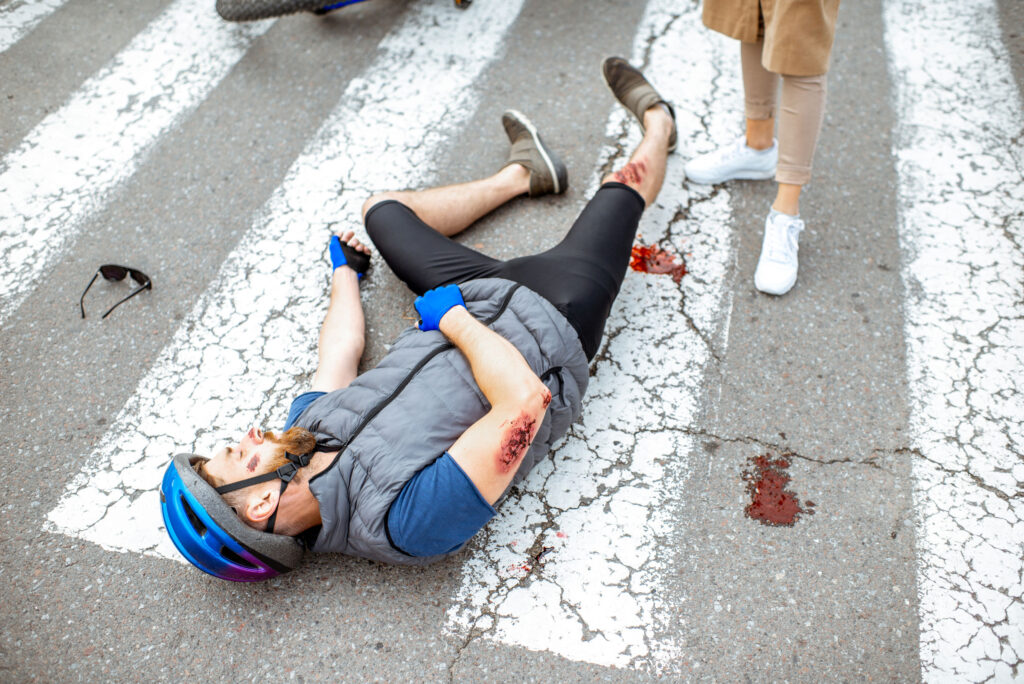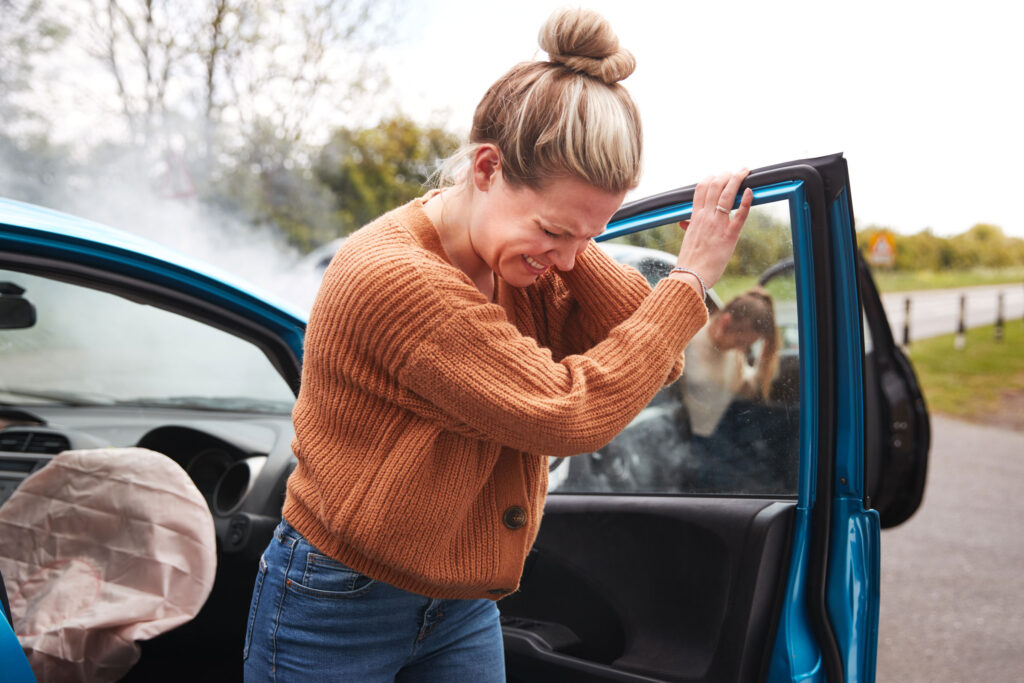The California Highway Patrol has specific guidelines covering collisions and reporting; you should be aware of the steps required to make sure that you are fully complying with the law, no matter who was to blame for the accident. A collision is already a stressful event, so knowing what to do to protect yourself and your loved ones afterwards will give you peace of mind and ensure you get the best possible outcome. Here’s what the California Highway Patrol (CHP) requires drivers to do after car accidents.
Reporting a Car Accident to the California Highway Patrol
The California Highway Patrol maintains a list of requirements for those who have been involved in a collision on one of the state’s many roadways. The first and most important of these is that you must stop after being involved in an accident; if you fail to stop, you could be charged with hit and run. You also have to call the CHP and DMV to report collisions with specific characteristics. You should call the authorities if any of the following conditions are in place after your accident:
There are any injuries present (even minor injuries count): Any fatality or injury of any type should trigger a report to the authorities. To protect yourself legally, you should always report a California car accident to the Highway Patrol or to the local police department. The Riverside or CHP officer’s notes and report will be used to support your case later and help document what happened.
Your call will also trigger an EMS response; this is so that any injuries can be evaluated and treated, or the injured party can be transported. No matter how minor an injury seems, if there is blood, pain, broken bones, neck or back stiffness or the signs of a concussion, you should call the authorities. This approach ensures you are complying with the law and that any injuries receive prompt attention.
There is Property Damage: Damage to your own car, the other driver’s car or even the property of a third party should also trigger a report. The law states that damages in excess of $1000 should be reported to the authorities, but if you see visible damage anywhere, it is a good idea to call even if you are not sure of the costs, just in case.
Report to the DMV
The California Highway Patrol also requires you to notify the DMV and file a report within 10 days of your collision. The officers who came to the scene will not file this for you, you must do it yourself within the specified time period.
If you have been in a car accident, you can be sure you remain on the right side of the law by notifying the authorities. Their report will also be used for any settlement or lawsuit that results from the crash, so it will benefit you in a variety of ways. While you are not required to consult with a car accident attorney after your collision, it is usually in your best interest to do so; a lawyer can help protect your rights and ensure you are treated fairly by all parties. Contact us right away if you have been involved in a collision; we can help you move forward after an accident.


